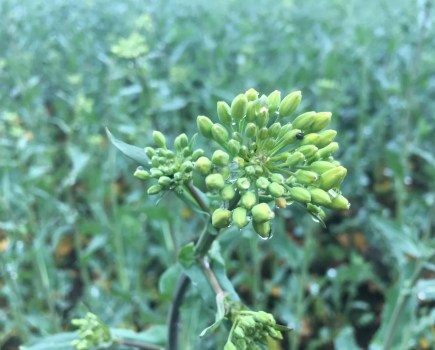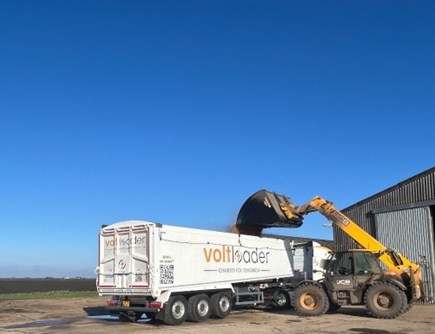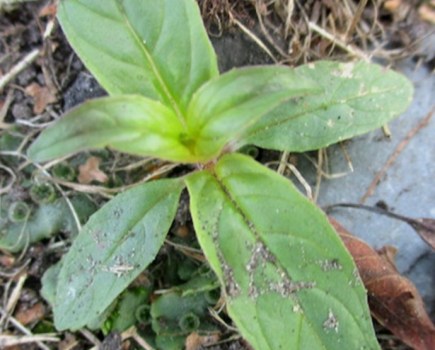Research to develop novel machinery and cultivation practices to establish a more sustainable approach to potato production can now take place, thanks to £2.8M of government funding.
Potato-LITE is one of just three projects in receipt of funding from the Large R&D Partnership competition, part of Defra and UKRI’s Farming Innovation Programme.
The work aims to support potato growers to minimise tillage intensity, improve soil health and lower greenhouse gas emissions.
Cross-sector partnership
The project is being delivered by a consortium led by PepsiCo in partnership with McCain Foods, GRIMME, Crop Health and Protection (CHAP), Cranfield University, Harper Adams University and farmers from Strawson Limited, JRO Griffiths, JM Bubb & Son and H Sutton & Son.
It’s hoped the research will help in the transition to more sustainable farming systems, including regenerative agriculture.
CHAP’s Dr Alex McCormack believes the outcome will be better understanding of the impact of the intensive cultivations often seen in root crops. “This project aims to mitigate the negative effects on soil health, reduce GHG emissions linked to production and enable the sector to transition towards regenerative practices,” he says.
Tillage is considered one of the largest drivers of emissions after fertiliser use, as well as contributing to the loss of soil organic carbon into the atmosphere as carbon dioxide (CO2). The work begins soon with the trial of commercial-scale low intensity techniques.
Multi-faceted benefits
According to GRIMME’s potato product specialist Ed Hodson, the research will bring new solutions that deliver commercial and environmental benefits. “Growers will be provided with the tools to make informed field-by-field decisions to identify the best process of growing potatoes, resulting in environmental benefits but also cost savings, labour reductions and improved work rates.”
Grower participation
Mark Strawson is among the growers taking part. He believes it’s important to improve the sustainability credentials of UK potato production. “We’re working hard on implementing regenerative farming practices to improve soil health. Currently, potato cultivation is a heavy process, with significant volumes of soil being moved to bury stones and clods to establish a friable seed bed.
“Climate change disruptions and the need to reduce energy use have brought this work into sharp focus. As such, innovative solutions are required to tackle such challenges whilst also reducing fuel use and labour costs linked to establishing a potato crop.”
Coveted funding
The other two projects selected for funding are a robotic horticulture harvester and an autonomous system to change cows’ bedding.
Farming Minister Mark Spencer commends the importance of projects that deliver sustainable food production and protect the environment. “Innovation, research and development will help keep the sector at the cutting edge of technology as we look into the future,” he says.




